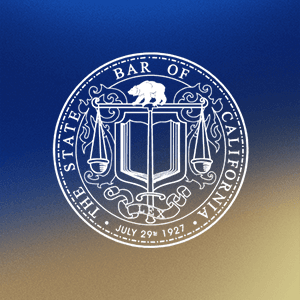
Forgery
The crime of forgery involves the making or passing of a false document without authority and with the intent to defraud. Forgery crimes of a wide variety can be found in California Penal Code Sections 470 to 483.5.The California forgery law prohibits making, altering, forging or counterfeiting specified documents. These documents include but are not limited to:
- Checks, bonds, bank bills, drafts or notes
- Cashier's checks, traveler's checks or money orders
- Controller's warrants
- Bills of exchange, promissory notes, orders or bond assignments
- Stock certificates
- Due bills for payment of money or property or receipts for money or property
- Lottery tickets or shares purporting to be issued under the California State Lottery Act of 1984
- Trading stamps or powers of attorney
- Certificates of ownership or other documents showing ownership of a vehicle or undocumented vessel
- Court orders or judgments
- Any letters of attorney, or other powers to receive money, or to receive or transfer certificates of shares of stock or annuities
- Acknowledgements of a notary public.
In California, forgery is a wobbler, meaning that it can be charged as a misdemeanor or felony. Punishment for misdemeanor forgery is a maximum of one year in county jail, whereas a felony forgery charge is punishable by up to a maximum of three years in state prison.
Client Reviews
-
God Bless you Stephen, wish you all the successes in life.
“Stephen is a great contact and extremely helpful and knowledgeable. I am glad that I was his client in the past. Top lawyer, top man. God Bless you Stephen, wish you all the successes in life.”
-
Don't hesitate to contact them!
“I was referred to this group of Attorneys. I was started with a low cost made arrangements. My case had to do with assault allegations. The case was dismissed they helped me not to loose my daughter to the system.”
-
Never Talk To Police
Know your rights when questioned by law enforcement.
Defend Your Rights -
Learn What To Do When Confronted and Interviewed By The Police
Honest & practical advice during a free initial consultation. Call now to get started!
Read More -
Don't Plead Guilty!
A plea bargain may not be in your favor. Let us help evaluate all of your options.
Learn More









